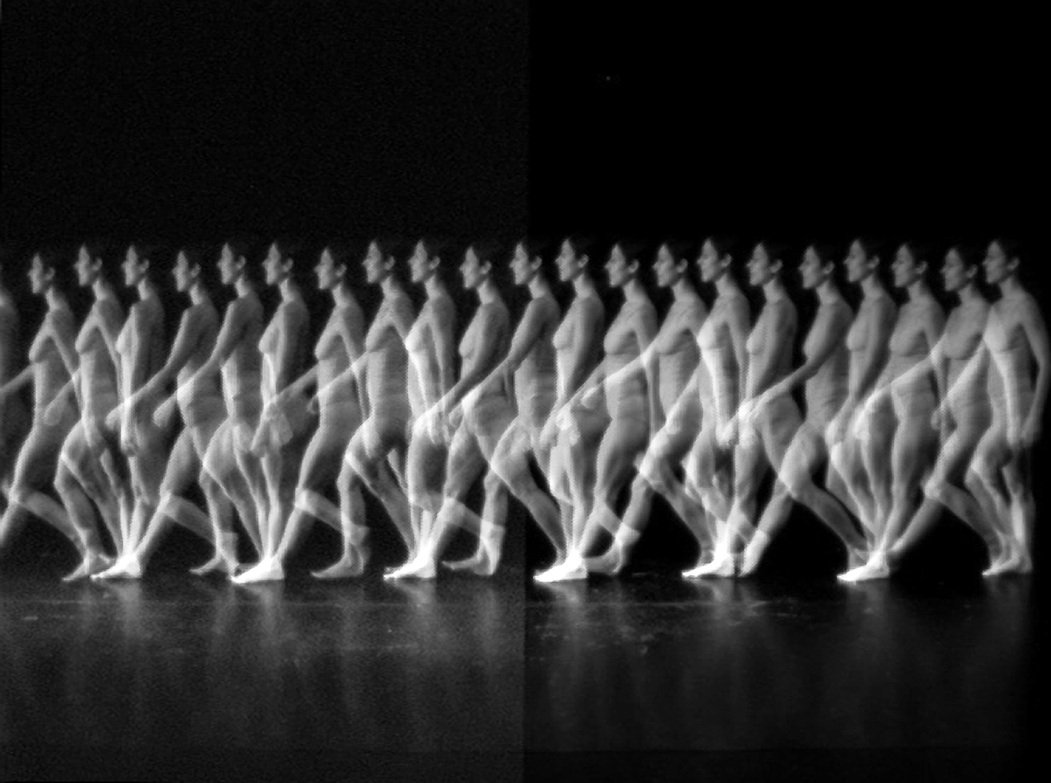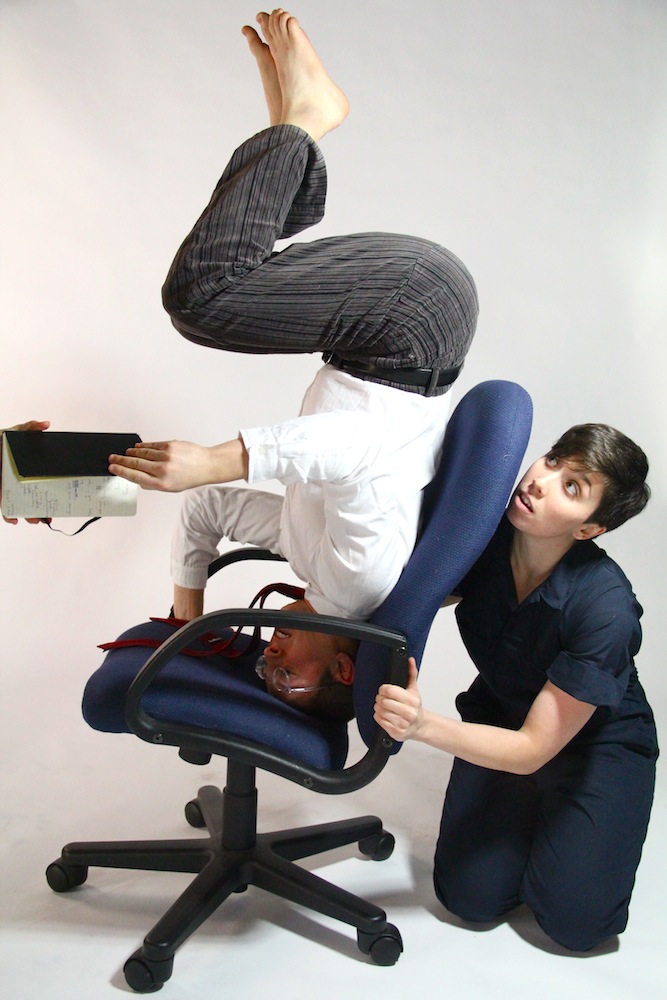You’ve got a “bad boy” side, even if you keep it buried in a hole somewhere in the backyard. Whether you’ve repressed a little or a lot, you’ve probably walked a pretty straight road since you shoved it all down. If you’re feeling stuck, maybe that’s why.
To tap into the mix of inspiration and passion that leads to fulfilling work, the time you spend completely ignoring the straight-and-narrow can easily be as important as the time spent on it. As I’ve noted before (and not entirely in jest), it may be why East Asian economies produce lots of hard workers but few innovators: nearly everyone there is intent on finding a figure-it-out-once-and-for-all approach to life & work.
Maybe you’ve been following their lead.
Maybe you’ve tried to identify the 5 or 10 factors that motivate you to do your best. You read about successful entrepreneurs, hoping to find a formula embedded in their stories that you can make use of. You poke around the wellsprings of innovation with the aim of capturing a secret sauce to take back to the office. But it’s likely that the recipe you’re after will only be discovered when you abandon the notion of a recipe altogether.
Of course, there’s paradox here, with a plan only becoming meaningful once you understand why all plans are useless.
But order depends on chaos.
Discipline learns the most from rule breaking.
So maybe at least some of what you’ve buried needs to be dug up.

To be happy-at-work doesn’t require you to start your own company. But if that’s your goal, you may need something that nearly all entrepreneurs have, namely, better hot wiring to your freer spirit. It’s why you’re never too old to find happiness at work; it’s not your youth (or even your energy level or health) but the range of your life that matters.
With broader parameters, when you’ve identified a problem that needs solving in your marketplace, you don’t spend all your time with the conventional wisdom. When you’re confident taking risks and roaming widely in your personal life, you have no problem looking outside your business or even your commercial culture to find new ways of meeting your challenges. You’re not afraid of making mistakes or of defying the reigning masters.
You know it’s not just about sweat & ambition, and that insight in one area is more likely to come when you’re hard at work doing something else—or nothing at all. It’s why you stir replenishment (like smelling the clover) into your workday.
A study that tends to validate time spent off-road came out last month by economists Ross Levine and Yona Rubinstein. They found statistically significant correlations between risky, even illicit behavior and wealth generation by individuals who went on to start their own companies (people they call the “incorporated self-employed”).
In addition to the most successful entrepreneurs being smart and coming from stable, well educated families, the authors found that as teens they were more likely to have broken the rules by drinking, smoking pot, dealing drugs, stealing, gambling, even being violent.
[A]s teenagers, people that incorporate [their own businesses] later in life tend to score higher on learning aptitude tests, exhibit greater self-esteem, indicate that they aspire to be managers/leaders later in life, and engage in more aggressive, illicit, and risky activities than other people. Moreover, it is a particular mixture of pre-labor market traits that is most powerfully associated with entrepreneurship. People who both engaged in illicit activities as teenagers and scored highly on learning aptitude tests have a much higher tendency to become entrepreneurs than others without this particular mixture of traits.
While entrepreneurial success later in life may correlate with a higher tolerance for risk acquired early on, I think it’s more than that. It’s having learned that you’ll not only survive but also thrive with less certainty & security that delivers the work/life pay-off.
If this is right, the answer isn’t upstanding citizen by day, criminal by night. For most of us, an ethical perspective evolves with maturity. Moreover, how we end up striking the balance between risks & rewards is too individual for a self-improvement formula, recipe or secret sauce.
Some of us extend youthful indiscretion into middle age before the pieces fall into place. Some spend 6 months “on the road” and 6 months off. Others of us allow for episodes of genuine chaos and total digression in our work before looping back. Or we have key people (“interrupters”) who regularly knock us out of our routines so that we return better, stronger.
It’s finding your own range—your rule-breaking margins whatever they are—so that whatever you’re doing everyday is feeding the force that enables you to come alive.





